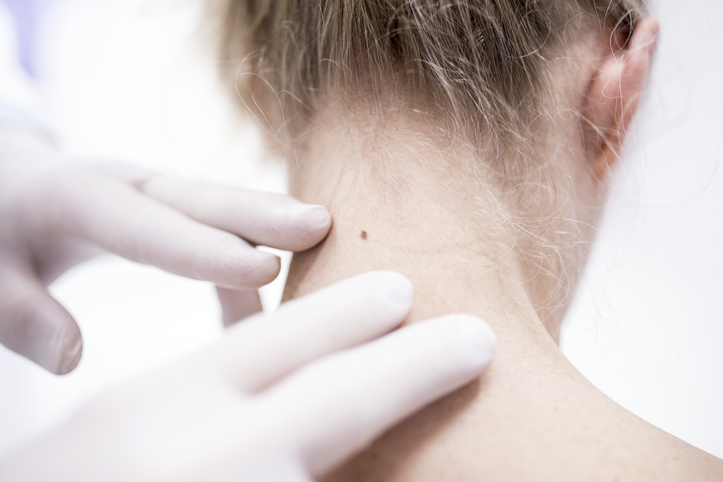
Dr David Young's comments come as patients took to social media to raise concerns about lack of access to dermatologists in the public system in the South, some of them saying they were prepared to travel to the North Island if necessary.
After the last two southern dermatologists resigned early last year, Health New Zealand Te Whatu Ora (HNZ) Southern group director of operations Hamish Brown said no outpatient referrals would be accepted until the dermatology service was revived.
However, HNZ released information this week saying from the end of this month, there would be two dermatologists employed in the South Island, both based at Christchurch Hospital.
The present consultant dermatologist is fulltime, while the second role is a part-time position.
Christchurch Hospital has long-term recruitment plans in place for the service across the next 12-24 months.
HNZ clinical lead planned care Derek Sherwood said the service in Christchurch delivered outreach clinics to the West Coast and was actively planning to provide outreach clinics to both Nelson-Marlborough and southern hospitals this year, which would help support a long-term sustainable service.
"Our South Island hospitals work closely together to share hospital services, and ensure people receive the care they need, regardless of where they live," he said.
Dr Young said dermatology services had been "stretched" for some time, and while the changes were "better than nothing", they did not quite address the requirements.
"I still feel that a centre like Dunedin, which is a tertiary hospital, needs at least one to two dermatologists sharing provision of at least, say, 0.5 FTE at the public hospital.
"Dermatologists can play a significant part in treating skin cancer and do, certainly in some public hospitals, Auckland's a good example, or in private."
He had been approaching health officials for changes for several years, and had warned about the lack of dermatologists in the public system, he said.
"The [district health board] said in Invercargill that the two dermatologists there had resigned, but we were both in our 70s. I mean, what did they think was going to happen?
"The Dunedin Hospital public service was a dermatologist flying down from Auckland ... as far as I'm aware, he's busy enough in Auckland and not coming now. So they could have done a lot more over the years; that's my basic gripe."
Mr Sherwood said similar to many specialty services across the health system, dermatology was experiencing staffing challenges.
"Dermatologists are a very small and specialised medical workforce and nationally, there are about 30 people working in this role (about 22 FTEs).
"We are taking a number of steps to support the growth and retention of our medical workforce, including senior medical officers of which dermatologists are included," he said.
Recently, there has been commentary on social media about the difficulty for Southern patients to get an appointment with a dermatologist; many have had to go to the private system.
Mr Sherwood said although many people needed advice and care for dermatological problems, some skin conditions would be assessed and treated by general practitioners.
"Other people may be referred directly to general surgeons, head and neck surgeons and ophthalmologists for treatment of skin cancer.
"Patients referred to hospital dermatology services may be assessed by dermatologists in hospital clinics, but are often managed by their GPs following advice provided by dermatologists."










